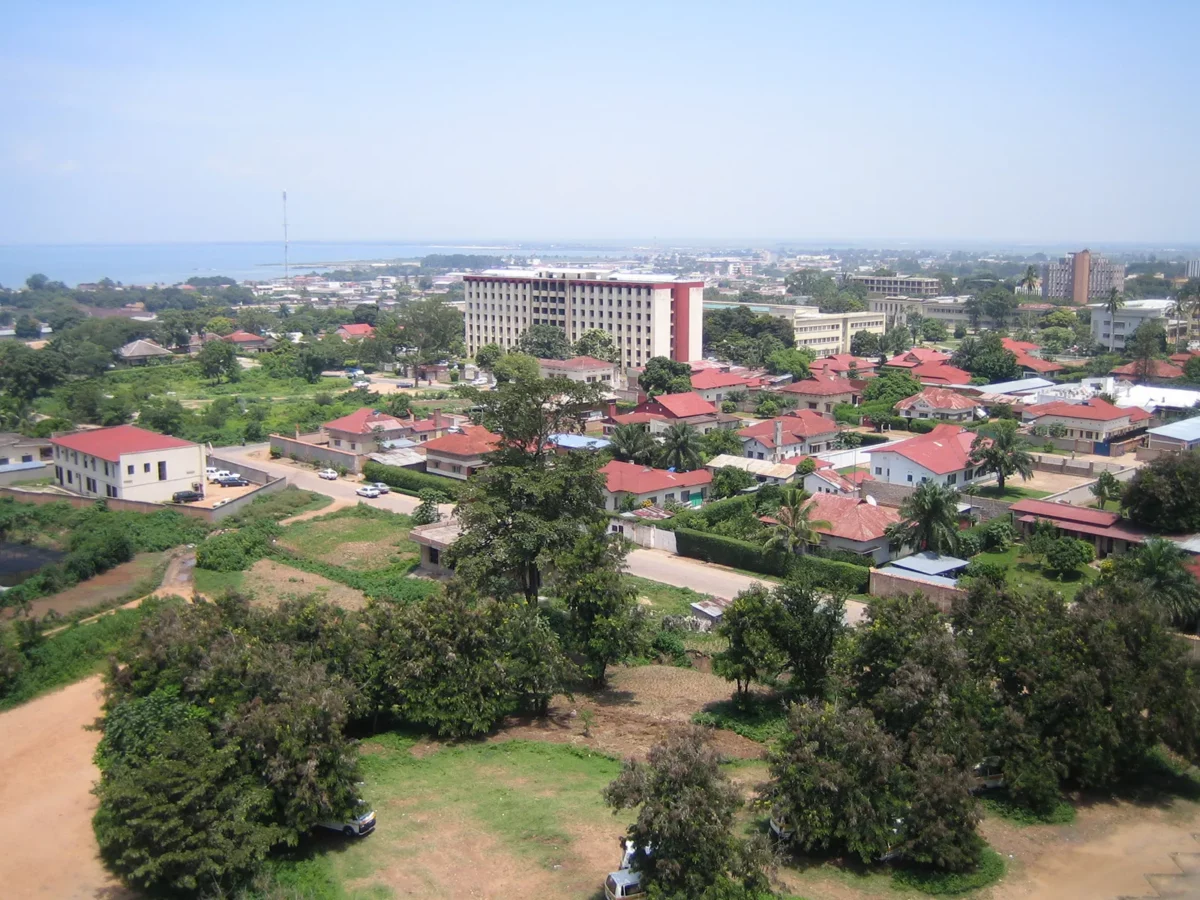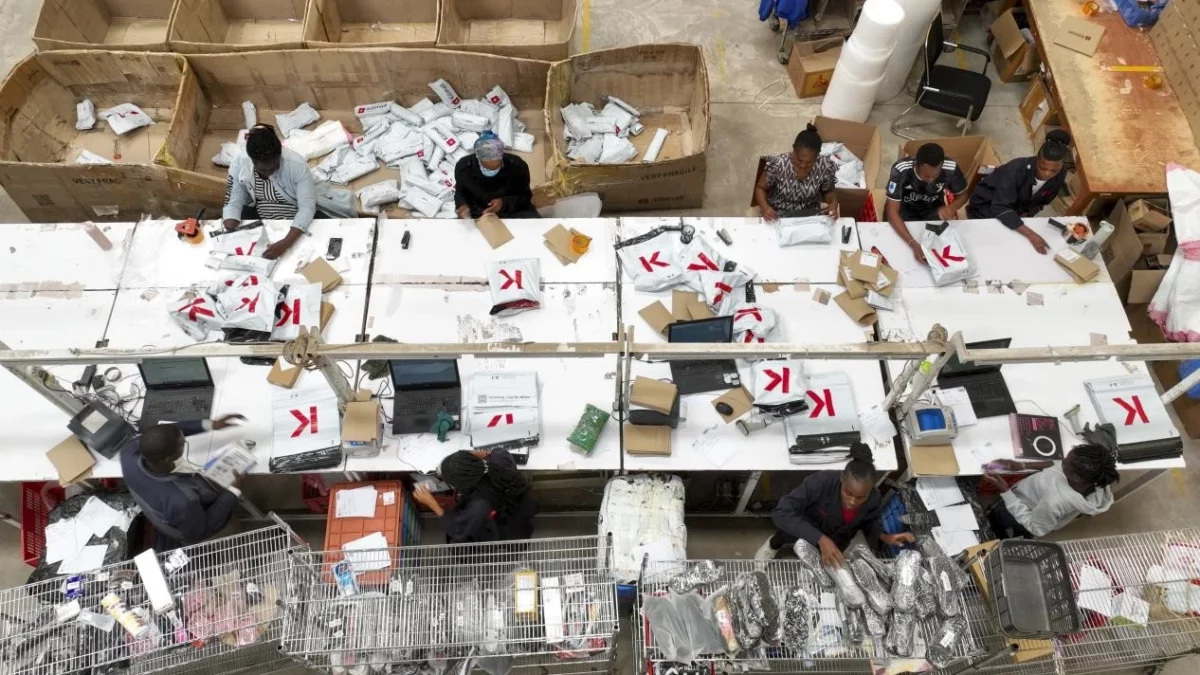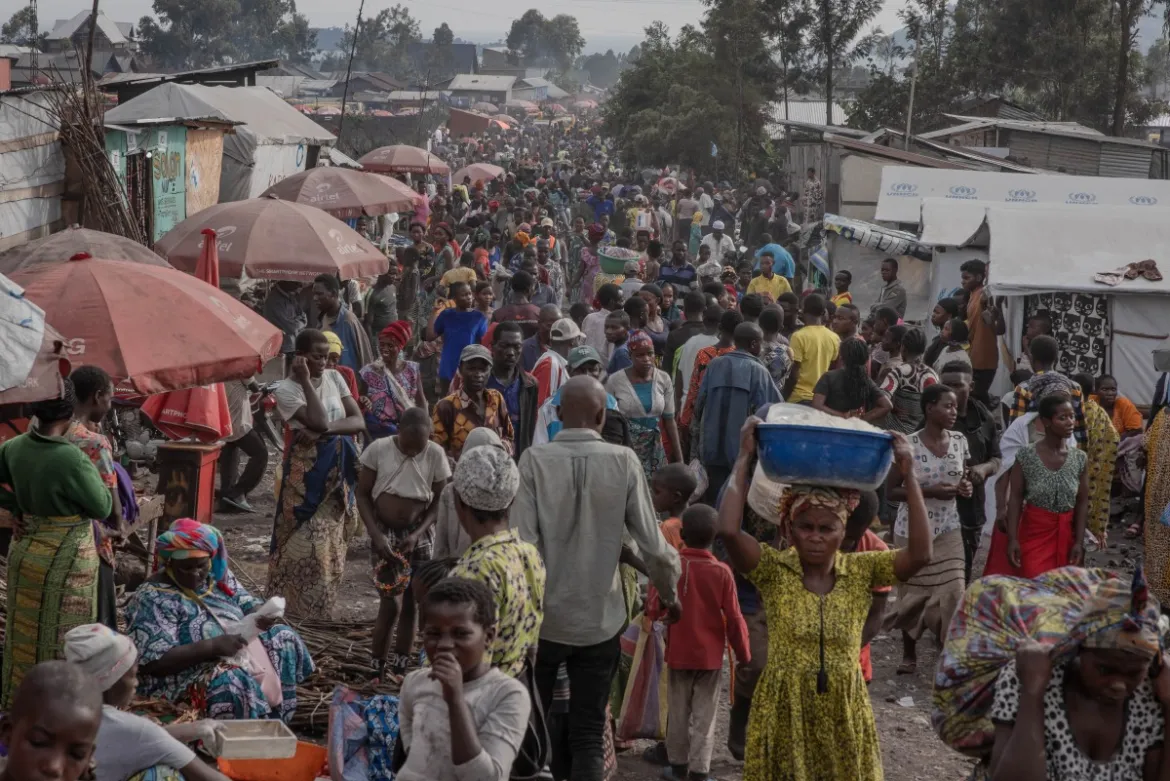The International Monetary Fund executive board has approved a $271 million (Ksh38.4 billion) Extended Credit Facility for Burundi, with an immediate delivery of about $62 million (Ksh62.6 million), the IMF said on Monday.
In accordance with the Extended Credit Facility (ECF), the International Monetary Fund (IMF) Executive Board authorized a 38-month arrangement for Burundi with access to 130% of the quota, or Special Drawing Rights (SDR) of about $271 million (Ksh38.4 billion).

The ECF will assist the authorities in implementing its reform plan, which aims to promote inclusive economic growth and governance while decreasing the risks associated with external debt. The decision enables an immediate payout of SDR US$ 62.6 million (Ksh8.87 billion).
Read Also: IMF, Kenya Reach an Agreement of Ksh.55 B Loan
According to the IMF, the loan facility would support Burundi’s reform strategy and aid in resolving the nation’s persistent balance of payments problems. After years of conflict and political instability under the previous leader Pierre Nkurunziza, which destroyed key sectors and caused the nation’s economy to begin rebuilding, it will also help to build external buffers.
Business Insider Africa reported that according to the government, the ECF agreement attempts to re-balance Burundi’s macroeconomic policy mix. They want to restore external sustainability while being conscious of the flaws in the banking sector. To do this, they plan to combine the official and underground markets for currency rates and liberalize the foreign exchange market.
Burundi will gain from the deal in that it will be able to manage the effects of recent internal and external shocks and address its ongoing balance of payments challenges. Following COVID-19, Burundi’s economic recovery has slowed down but is still going strong. The effects of the conflict in Ukraine have pushed up commodity prices significantly and increased pressure on domestic inflation.
Subscribe to Switch TV for more content.
Domestic shocks such as delayed rainfall, a lack of fertilizer, and outbreaks of cattle fevers have hurt Burundi’s agricultural industry.




























